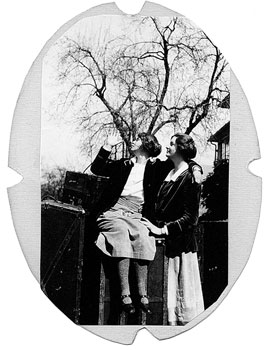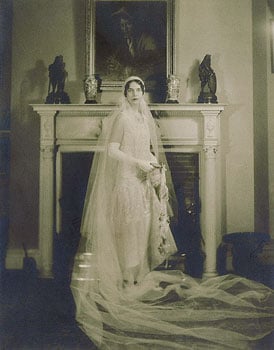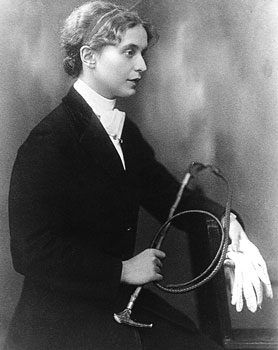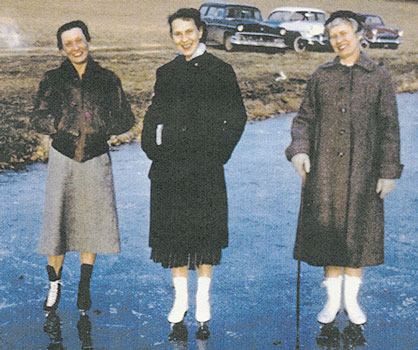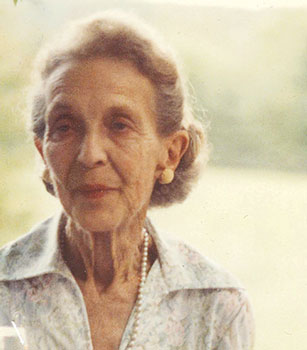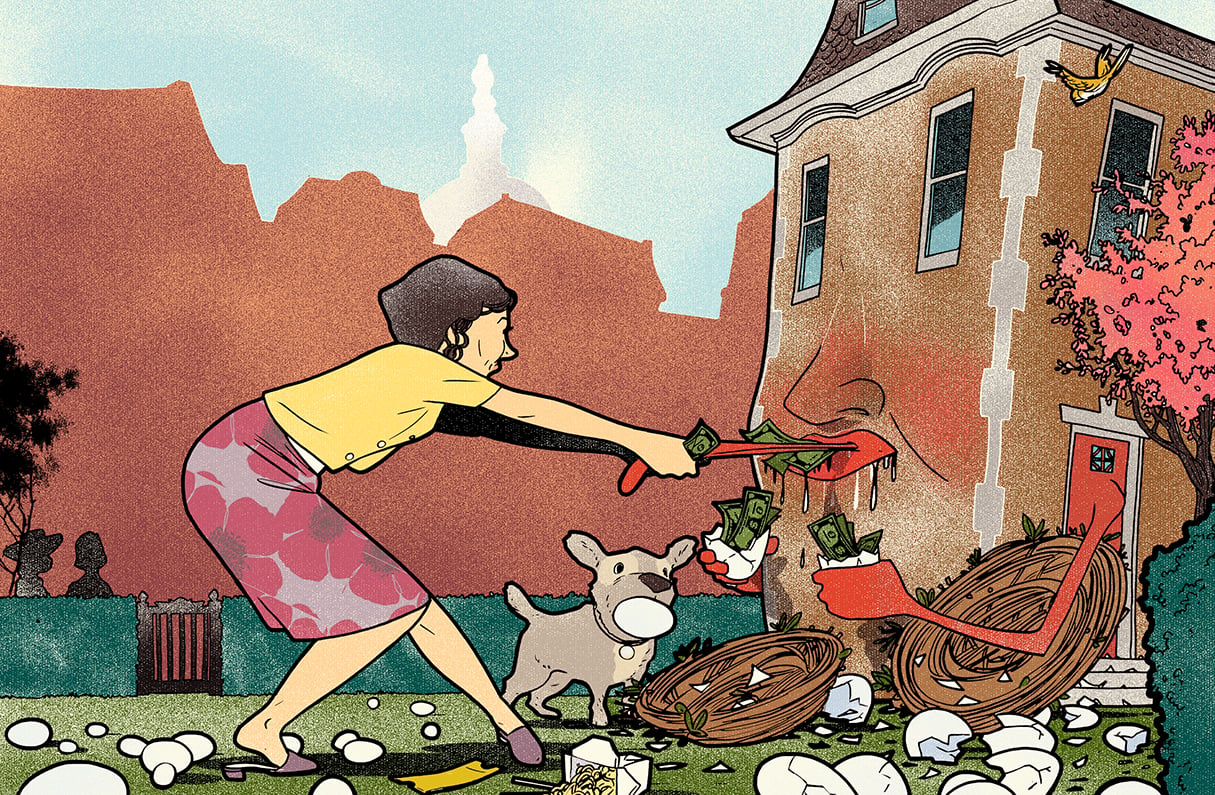At the time, I didn’t think I’d done anything wrong. Now I
can’t get it off my heart.
Aunt Eleanor was the beauty of the family and a stickler for
doing things properly. Did we write a thank-you note? Did we wait for the
hostess to pick up her fork before we plunged into eating? Did we open the
door for our grandmother, step back for elders, speak quietly? We were all
a little frightened of Aunt Eleanor.
Then her husband, an admiral, retired, and she developed (when
she was almost 70—ridiculous!) an ambition beyond the polish on the silver
tea service and the luncheons she gave for Navy wives. She wanted to
write.
It was 1975, and I was a writer myself, so she asked me for an
introduction to Tom, a magazine editor I knew in DC. I was young, filled
with self-importance. I’d been part of the civil-rights and women’s
movements, bra-burning and blue jeans. Women cursed; men helped with the
dishes. What could Aunt Eleanor possibly have to say? Nonetheless, I asked
Tom to meet her: “Be good to her, okay?”
In hat, heels, and gloves, she stepped into the office crowded
with desks, the writers and editors typing or talking on phones. Finally
one girl glanced up. “I have an appointment at 11,” Aunt Eleanor
announced, hiding her terror with a snap of her chin.
“He’s on the phone,” the girl said. “Go on in.”
-

Early 1920s
Eleanor Parrish Snyder (left), born 1906, went to Middleburg’s Foxcroft School.
Photographs courtesy of Sophy Burnham.
Next >> -

Mid-1920s
Eleanor is shown as a young woman in riding gear.
-

1929
She wed the grandson of Confederate colonel John S. Mosby.
-

Late 1950s
Aunt Eleanor (center) with her two sisters.
-

1979
Eleanor Coleman a few years after her meeting with the DC magazine editor.
$('.first-pair').click(function(){ $(this).parent().parent('ul').animate({'top':'0'}); }); });
Aunt Eleanor stepped to the door, and Tom, the phone at his
ear, gestured to a chair. He leaned back, feet on his desk, as she removed
the papers from the only other chair and sat down, manuscript in her lap.
I don’t know what her article was about—perhaps her father, born in
Washington before the Civil War, or something to do with being a Navy
wife.
Tom was a burly Irishman, his tie askew. He joked into the
phone, swiveling around occasionally to grab a paper from a file cabinet
but always returning his feet to the desk, soles in my aunt’s face. He had
no malice. He was playing his role in The Front Page, and Aunt
Eleanor was the audience.
When she left, Tom was riffling through papers. When he
noticed, he was instantly sorry. He hung up and walked to the outer office
to ask about his guest, only to be told she’d departed without a
word.
After that, she gave up writing.
Aunt Eleanor has died. Tom has died. At the time, I had no idea
what courage it took for her to brave that world. I apologized to her on
Tom’s behalf but never insisted he write a proper apology, ask for another
meeting, give her an assignment.
She could have written about Washington when, as a little girl
in black stockings and a sailor dress, she walked with her mother and
sisters down 16th Street to leave a card at the White House for the
President’s wife, who apparently had no social life. The card was turned
down at the upper left-hand corner to show it had been delivered
personally rather than by a servant. Later the First Lady sent a card
inviting the family to a White House tea.
She could have written about riding her pony into Georgetown as
a child to visit a friend, about seeing her parents off to a dinner party
with the First Couple at Decatur House when it was still in private hands.
About living in Ecuador with her naval-officer husband or in postwar
Japan.
How arrogant I was to imagine that my aunt had no dreams,
adventures, or skills. How I wish that I had it to do all over
again—properly.
Sophy Burnham is the author of 13 books, including A Book
of Angels and her most recent, The Art of Intuition. She can be reached
through sophyburnham.com.
This article appears in the March 2013 issue of The Washingtonian.

